Domain Authority this, domain authority that, but what does this metric mean and should we really be focusing on improving it?
Well, if your website is struggling to read those sought-after top ranking spots, it may be that you could do with improving your domain authority. Today, the experts at Cedarwood are giving you a one-stop guide about how to get that all important DA score shooting up. Below, we define what domain authority is, explain what it isn’t, and help you to figure out why your website isn’t showing up where you want it to.
So, what is domain authority?
The long and the short of it is that domain authority = how authoritative your site is deemed to be by a search engine. It’s calculated based on a number of factors, including quantity and quality of backlinks, referred domains, and search traffic.
What about my domain authority score?
SEO community, Moz, were the first to develop a Domain Authority metric, and since then, lots of SEO softwares have developed their own Authority algorithms.
These algorithms rank DA on a score from 1 – 100, on a logarithmic scale. The closer to 100 your score, the more reliable and authoritative your site, and the more likely that you’ll land good SERP results.
Below is an example of an algorithm returning a domain’s DA score:

Generally, a ‘good’ DA score is classed as anywhere between 50 and 60, while a value of between 40 and 50 is deemed average. Anything above 60 and your website is the bee’s knees.
As expected, websites with the highest domain authority scores include the big hitters – Google, Apple, Youtube, Microsoft etc. This is basically because each of these domains is the most well-known in their respective fields.
Another thing to note is that the level of competition in your industry will majorly sway your DA value. The more competitive it is in your niche – the harder for your domain to move up the ladder.
Equally, because the scale is logarithmic, it’s much easier for a site of say 20 or 30 to increase their score, than for a domain already sitting higher up the ranks.
Domain Authority vs. Page Authority
While Domain Authority measures an entire web domain, you can also find out your Page Authority score. This looks specifically at the probability of each of the individual pages of your website ranking on SERPs. It’s a useful metric to consider because it enables you to determine the performance of an individual blog post or product page, so you can then work out which pages need work.
But why should we care about our DA score?
It’s worth saying that Domain Authority is not a specific ranking factor for Google, like your content’s relevance or your location is. However, it is a super useful indicator that will help you assess the performance of your site, and its relation to competitors. And… a study by Ahrefs found a correlation between DA and SERP ranking. So don’t click off just yet!
Whilst knowing that you have a domain authority score of 53 isn’t hugely useful on its own, knowing where you stand in comparison to the DA scores of your competing pages can be very helpful. For instance, discovering that you stand at 53, whilst your competitors for a specific Google query are working at a 85, can save you a lot of wasted time.
If you want your content to appear higher up on SERPs (as I’m sure you do), a good domain authority score is a necessity. Google wants to show its users the most reliable content, and a high DA score essentially means you are top-tier when it comes to reliability. The association should be making more sense to you now…
Our top tips for improving your domain authority
Okay, you’ve gathered that DA is important, but now you’re probably wondering how to ramp the score up to grow those SERP rankings.
We’ve put together a five-step guide for how to work your way up, but remember, every top DA dog today started at the bottom and you’ll need to practice patience!
1. Quality, before quantity of backlinks
Unless you’ve been living under a rock, you’ll know that quality links are a critical thing to prioritise in any SEO strategy. They drive both your domain and page authority, and the more authority, the higher those rankings. Every link is a vote of confidence, and a signal to Google that this is a good quality site.
However, more is not more when it comes to backlinks. It’s not all about just collecting copious amounts of domain links – what matters is the link quality. They’ve got to be relevant, and ideally, of a decent authority themselves. For example, securing backlinks from governmental pages or respected newspapers will likely send your score shooting up.
Another thing we recommend is researching who is considered a thought-leader in your industry. Then, work towards acquiring a link back to your site, perhaps through writing a good-quality guest post for them – that’s a dead cert backlink right there.
Unfortunately, I can’t simply tell you what a good backlink is for your website’s DA. It really does differ from industry to industry. For instance, a backlink in a national newspaper would be sought after by some companies, but not by your small local winery who would prefer to seek links in a regional paper or industry-specific food & drink magazine.
2. And don’t forget to analyse those backlinks
Because the quality of your backlinks is so important, you need to make sure you’re conducting regular link audits. This isn’t quite as laborious as it sounds, you simply just need to check that all links to your site are valid.
Fish out which links are sending traffic to your site, and then identify the risky links, weak ones, and strongest links. Through this you can determine which of your pages are drawing the most inbound links, and figure out an overall link strategy.
To help you out with all this, there are some great tools available – such as Moz, Semrush and Google’s very own Search Console. We can assure you that checking up on your links regularly will make that domain authority surge.
3. Utilise Digital PR to gain backlinks
Digital PR plays a crucial role in any robust SEO strategy, and it is a sure-fire way to gain those backlinks. There are many ways to execute effective DPR (product placements, newsjacking, thought-leadership, amongst others.) Data-led campaigns have also been growing in popularity and we have an article here taking you through all the best tools to use to land high-quality backlinks through data-driven stories.
It is worth reaching out to companies you have existing relationships with, to see if you can support each others’ online platforms through links. Alongside this, target other small businesses to propose a collaboration with.
Additionally, don’t forget about your outbound links as they can help forge beneficial partnerships. Scan your existing content for opportunities to add links – if there’s a business mentioned at any point, link to their website. If they’re monitoring their traffic they’ll spot your link and might then return the favour. As said, do remember to make sure all the backlinks you receive are of good quality.
Backlinks through newsjacking is something we’re particularly good at Cedarwood – it’s tricky, but when executed effectively can land those all-important placements. You can see our full, comprehensive guide here but the key things to remember are:
📌undertake constant news-listening so you’re primed to jump on a story
📌thoroughly research your topic using tools like Buzzsumo
📌remember to follow up and rework your content so you keep landing links
4. Create quality content (blogging is your best friend)
If you’re putting in all this work to secure a backlink, it is important to make sure that the content being linked is actually of good quality! This also has the added benefit of making it easier for you to secure backlinks naturally.
Inform your content with SEO practices (like keyword research) and also consider having a blog on your site. This is an absolute haven of content guaranteed to get you receiving link referrals. Ensure that this content is relevant, readable and ideally between 1500 and 2500 words. The longer the content – the more information provided, and the more backlinks received. It’s as simple as that.
Also, feel free to get creative in these blogs. Infographics and other engaging forms of content attract backlinks, and this increase in referring domains will positively impact your DA score.
Another top tip from the team at Cedarwood is to compare your competitors’ content. Study where your key competitors get their backlinks from, and analyse their style of content. See what you can learn from them.
5. Spread your web content
Social signals are sure to do your website’s domain authority a world of good. Here, I’m talking about metrics such as shares, likes and retweets on social media channels and numerous SEO experts have claimed that these signals influence rankings. Social media is no longer just home to funny cat videos, search engines now hold these platforms in high regard. When you publish a blog, or secure a link, be sure to share it on LinkedIn and Twitter.
Another pointer is to be active on relevant discussion forums and ‘question and answer sites’. This way, you are consistently providing valuable insights and positioning yourself as an industry expert. Establishing authority in your field attracts more users, and builds trust among your audience. Get yourself onto pages like Quora and see your web traffic and DA score go through the roof.

In summary
So, I’ll leave you with a final instruction to be patient – you can increase your domain authority but it won’t happen overnight. It’s the product of robust strategies and production of a great deal of content, over a good period of time.
However, if you want a head-start, go ahead and get in touch with the experts over here at Cedarwood. We can help you create tailored SEO and Digital PR strategies to land you links, coverage, and an impressive DA score.

